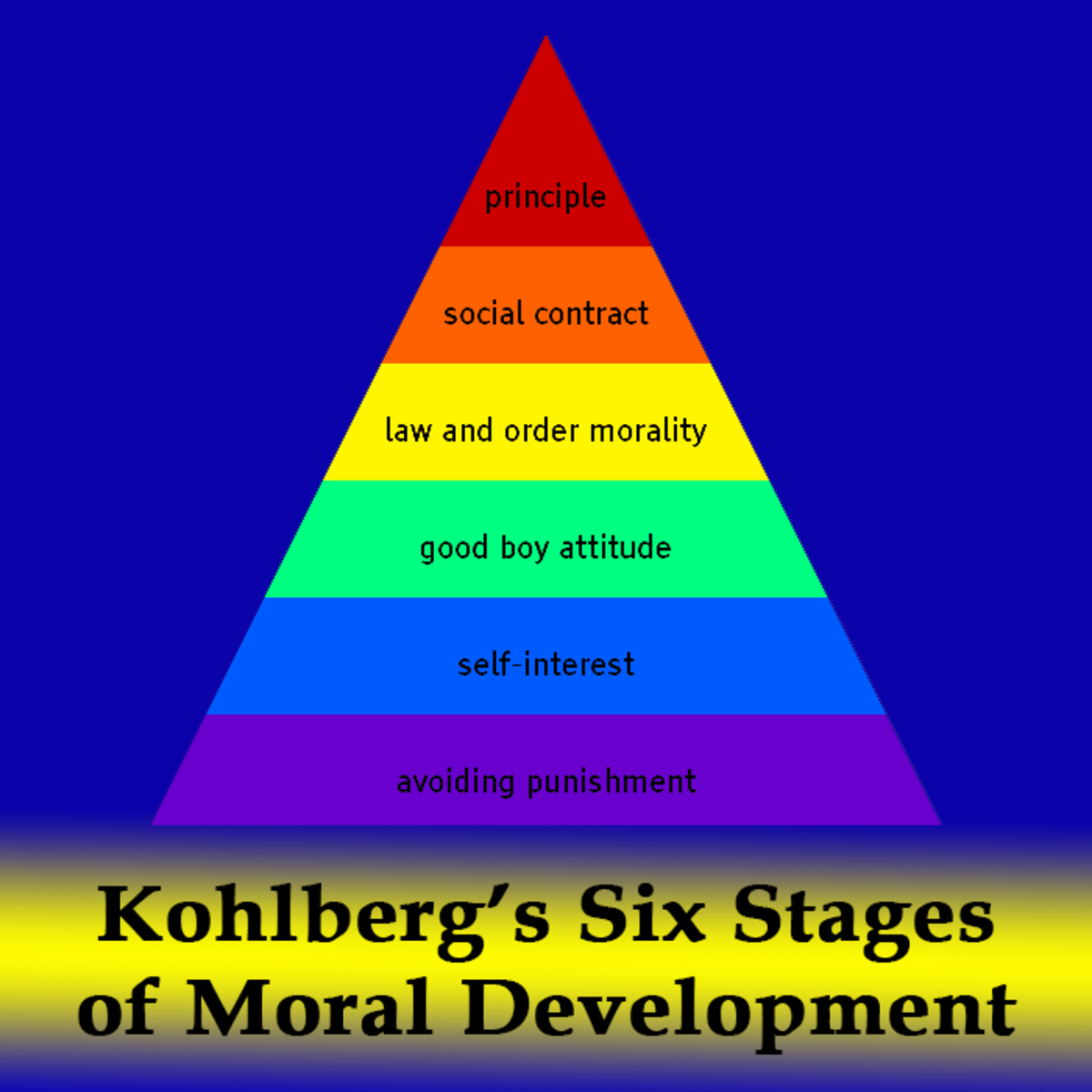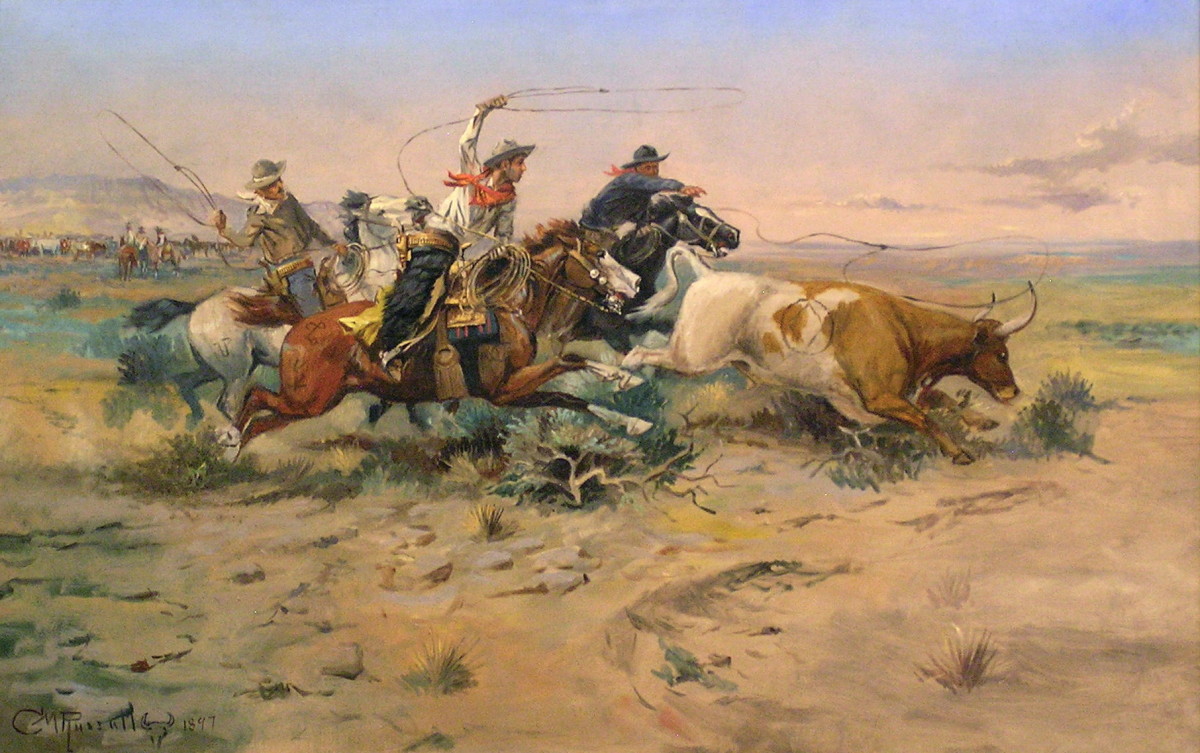Through The Lifespan - Phases In Human Development
Content
- Phases In Human Development
- Nature Or Nurture?
- Erikson
- Summary
1. Phases In Human Development
From birth to death, start to finish, we all go through a certain order of development. At every point in our lives, different things become important and take their place at the center of our attention.
Of course, every human being is unique, and while we can say with some certainty that at point X in your life, Y will be an important topic, how we approach that topic, deal with it or even value it is completely different for everyone. It's also something that's bound in culture. Some people go through a phase faster than someone else. Therefore, the phases listed here should be thought of as a general outline, and not a law.
Human Development is a field of psychology that tries to answer these and other questions. It's a scientific field, meaning that it will not simply put forth a theory because it "sounds right", but will try to do research and find commonalities and correlations. It's also an interdisciplinary field. This means that it takes useful information from various fields of study, such as anthropology, sociology, biology, and psychology. It has helped develop programs to support children with learning disabilities or troubled social backgrounds, encouraged schools to adapt to the child's unique abilities and has even played a part in political lawmaking. Rather than being just a field of theoretical study, it has real world implications and effects.
Questions it tries to answer are... How did you get to be who you are? If you have a child, are some things more important to nurture than others? What should you give extra attention to? How can you ensure your children live happy and fulfilling lives? Does an upbringing even have an influence on how a child turns out, or is it all determined at birth? Does everyone follow the same path, or are there many paths we can take? Do we develop in stages or in one continuous line?

"Developmental psychologists focus on human growth and changes across the lifespan, including physical, cognitive, social, intellectual, perceptual, personality and emotional growth."
- Definition according to the American Psychological Association.
2. Nature Or Nurture?
One of the main questions driving the field of Human Development is whether development is determined by genes, or whether the environment can have an influence, and if so, how much.
After all, if it's all determined at birth, programs aimed at helping children develop, and training of skills, are pointless. If we have no influence, we can't help people who run into trouble in their development. Furthermore, if heredity is what's most important, should children whose parents were criminals be filtered out of our society preventively?
If on the other hand, it's all determined by the environment, then why do two children in the same household develop differently? Why does one child in a poor neighbourhood end up in crime, while the other gets a degree, has a family and a steady job and lives the perfect white collar life?
From the very beginning of the field, one has been given far more importance than the other. Some theories felt we were the mere expression of genes, others said we were like a blank sheet of paper to be written on by life experiences.
Lately, however, emphasis has been placed on the interaction of nature and nurture. Nature lays the foundation and tells us what options we have, and nurture then works with that foundation and shapes it into the person we become.
Your Opinion
In what age range are you?
3. Erikson
One of the most influential thinkers in the past century was Erik Erikson (1902-1994), who defined a set of stages that each of us would go through in life, according to the task we were faced with in that stage. His theory is founded in psychoanalysis, but expanded on it and stated that we should look at development in relation to cultural influences. While in Western culture, child rearing practices will emphasize individual responsibility, in, for example, Asian cultures, the needs of the many outweigh the needs of the few, and child rearing is adapted appropriately.
Parents walk a fine line in allowing their children the freedom to develop and explore, and preventing them from going too far. If they manage to find that line, their children will grow into well-adjusted members of society and live rich and fulfilling lives. A huge responsibility, isn't it?
Of course, children are influenced by more than just their parents. Their siblings, teachers, the people they encounter out in public, their friends, even culture has its influence.
In the table below, you can see the stages of Erikson's Psychosocial Theory. What phase are you in?
Age
| Task
| What
|
|---|---|---|
0-1 years
| Basic Trust vs. Mistrust
| Can I trust people?
|
1-3 years
| Autonomy vs. Shame & Doubt
| Can I decide for myself?
|
3-6 years
| Initiative vs. Guilt
| Am I responsible and ambitious?
|
6-11 years
| Industry vs. Diffusion
| Am I inferior or competent?
|
11-20 years
| Identity vs. Identity Confusion
| Who am I, where do I belong in society?
|
20-40 years
| Intimacy vs. Isolation
| Establishing intimate relationships
|
40-65 years
| Generativity vs. Stagnation
| Raising the next generation, transfering your knowledge, caring for others, making meaning of your life
|
65+ years
| Ego Integrity vs. Despair
| Have I lived a worthy life? Do I have regrets?
|
Your Opinion
Which task do you feel you did not resolve to your satisfaction?
4. Stages of the Psychosocial Theory
According to Erikson's Psychosocial Theory, we all follow these stages in order, without skipping one. It is possible however to not satisfactorily resolve a stage, and carry that task with us into the next stage of life.
4.1 Basic Trust versus Mistrust
When we are born, the very first important question we need to find an answer to, is whether or not the world we've come into is safe and can be trusted. When caretakers are reliably available, offer comfort whenever it is needed and take care of the child in a stable environment, it creates a basic sense of trust in others. People who do not successfully resolve this task, continue through life with a feeling that others cannot be trusted, the world isn't fair, and you have to fend for yourself. Often, these people end up having problems with forming stable relationships. More on the formation of relationships can be found in the article Why Do We Love Someone?. This part of our lives also forms the basic style of attachment that we use when approaching someone else or when someone else approaches us. You can read up on that in this article.
4.2 Autonomy versus Shame & Doubt
Between the age of 1 to 3 years, we have found an answer to the first question, but now we wonder whether we can trust ourselves. Am I able to decide for myself? Can I take care of myself (in a basic way)? Can I trust myself, my own judgment?
People who are insecure may have run into trouble here. When parents don't allow their children the freedom to explore the world and instill fear into them, the children will begin to question whether they are perhaps incapable of fending for themselves. They become insecure, introverted. Of course, being shy isn't in itself a bad thing. But when a child has low self-esteem at a young age, or when an adult consistently feels like he's 'not good enough', it may be traced back to this time.
However, when parents allow their children too much room, children may decide they are simply not worth being loved and taken care of.
Children at this age need consistent rules. They need to be able to predict when their parents are going to be upset, and need to be praised when they do something good.
4.3 Initiative versus Guilt
Having found that it's okay to be ourselves, we now wonder if it's okay to act. After all, there's a difference between what's in our head and what's visible to others. This is the stage where we learn that we are capable beings who can make good decisions, who know the difference between right and wrong. Children learn about the world and the laws of physics, and from this knowledge, and how they handle it, they develop courage. Many children in this stage will also start to show risk-taking behavior, such as trying to cross the street without their mom, climbing trees, and so on.
Parents who find the balance between allowing the child to be independent, and reigning it in when it's going too far, foster confidence and a sense of independence in their children. Children will suggest a multitude of projects, tasks, or hobbies. When parents support this exploration and initiative, they give their child the gift of being secure in their abilities to manouver around in the world.

4.4 Industry versus Diffusion
Children between the ages of 6 and 11 go through a relatively calm period of their development, the so-called latency period. In this stage, they learn about the world, join a club, go to school where they learn to read, write and do math, and so on. They can be reasoned with. They understand if they perform an action, there will be a consequence to it. Many children discover their particular talents. They take up their first hobbies. They want to perform well, they want to hear they're a good and decent human being.
While the previous two stages were important for the development of self-confidence, this stage is vital to it. A child will now try to create something, or perform well in something. When the surrounding adults praise the child, it develops confidence in its own abilities. If a child is ridiculed for its performance, or even punished, the child will enter puberty with a low self-esteem and lack of motivation. The typical image is that of a child always "hanging around on the couch".

4.5 Identity versus Identity Confusion
Very typical for this time of life are the questions "who am I?", "where do I belong in the world?". As a teenager becomes more independent from his or her parents, it becomes important to carve out a personal spot in the world. To do that, a child needs to find an answer to those two questions. For some, this question doesn't take too long to answer. Others need to take more time to find the anwers. Some studies suggest a link between intelligence and how long it takes to answer, because of the complexity involved. Really intelligent people weigh all possibilities, and so they may take far longer. The end of this phase is arbitrarily set at 20 years of age, but this can vary by many years.
Puberty is a part of this stage, but Identity versus Identity Confusion entails far more than that. Typical is uncertainty, a wide variety of interests as options are explored, and a great deal of emotional confusion. It is not until these things are answered that someone is ready for the next step, though it does not prevent someone from pushing forward with their life.

4.6 Intimacy versus Isolation
Once the previous stages have been successfully resolved, one is ready for this stage, where the main task will be to find a partner in life, to establish a solid circle of friends, and to have children to love and take care of. People who find themselves unable to form such long-term commitments may end up feeling alone in the world. This isolation can have dire consequences for someone's happiness. This explains the popularity of dating agencies and adoption agencies.
4.7 Generativity versus Stagnation
A very important phase, this is the most altruistic time of our life. Many people will have had children, who are by now starting to leave the house. And so they now apply their talents and resources to contribute to the world. People support their children as they start their own lives, or they focus on their work. By now they have been doing their job long enough to have become an expert at it, and so most people will now also get a promotion. Besides helping their mature children, they also start to take care of their aging parents. They re-evaluate their life and make changes where they feel unhappy, such as finding a new hobby or job. Some may even go into politics.
Your Opinion
Which stage would you like to know more about?
4.8 Ego Integrity versus Despair
In the final stage, we look back on our life. All tasks have been completed, and there's no going back. And so we wonder, did I do alright? Was my life worth living? Do I have any regrets?
We no longer actively contribute to society in the sense of raising the next generation or being productive employees. Instead, the knowledge and wisdom of an entire life can now be used to teach those who come behind us. We enjoy our grandchildren. We focus on cultivating our garden, or learning to draw, to give just two examples. We offer our experience to our adult children.
People who feel their life was not worth while, or who find regrets, will fear death, and spend every day in agony, feeling despair and sometimes even depression.
Those who feel content when they look back across time, will feel little fear at the thought of death, but will live day to day and enjoy every memory they cherish.
Learn More
- Old age - Wikipedia, the free encyclopedia
- Physical and Cognitive Development in Middle Adulthood Videos - Life Span Developmental Psychology T
Watch online psychology video lessons to learn about changes to intelligence, sexual functioning, health and fitness in middle adulthood. These... - Development in Early & Middle Adulthood
Adulthood has no signpost to announce its onset (as adolescence is announced by puberty). In technologically advanced nations, the life span is more than 70 yea - Young adult (psychology) - Wikipedia, the free encyclopedia
- Erik Erikson | Psychosocial Stages | Simply Psychology
Erik Erikson maintained that personality develops in a predetermined order through the psychosexual stages of development. Erikson was interested in how children socialise and how this affects their sense of self. - http://raisingchildren.net.au/
- How to Raise Well-Rounded Kids
Surround your children with love, happiness, and encouragement so they have the confidence to reach goals. - Home | Parenting
Helpful tips and advice to make parenting easier from pregnancy to graduation and everything in between. - The Endowment for Human Development - Improving lifelong health, one pregnancy at a time
Explore pregnancy and prenatal development with EHD's free, online educational resources featuring direct videography and 4D ultrasound of the living embryo and fetus. Learn how humans develop from a single cell into a 100-trillion cell adult. Educat - About Human Development | Human Development Reports
- Developmental psychology - Wikipedia, the free encyclopedia
- Human development (humanity) - Wikipedia, the free encyclopedia








